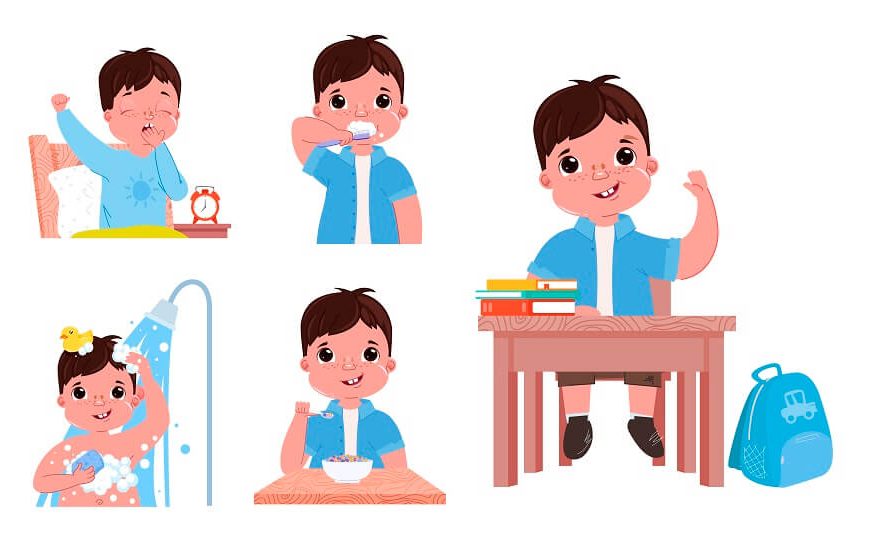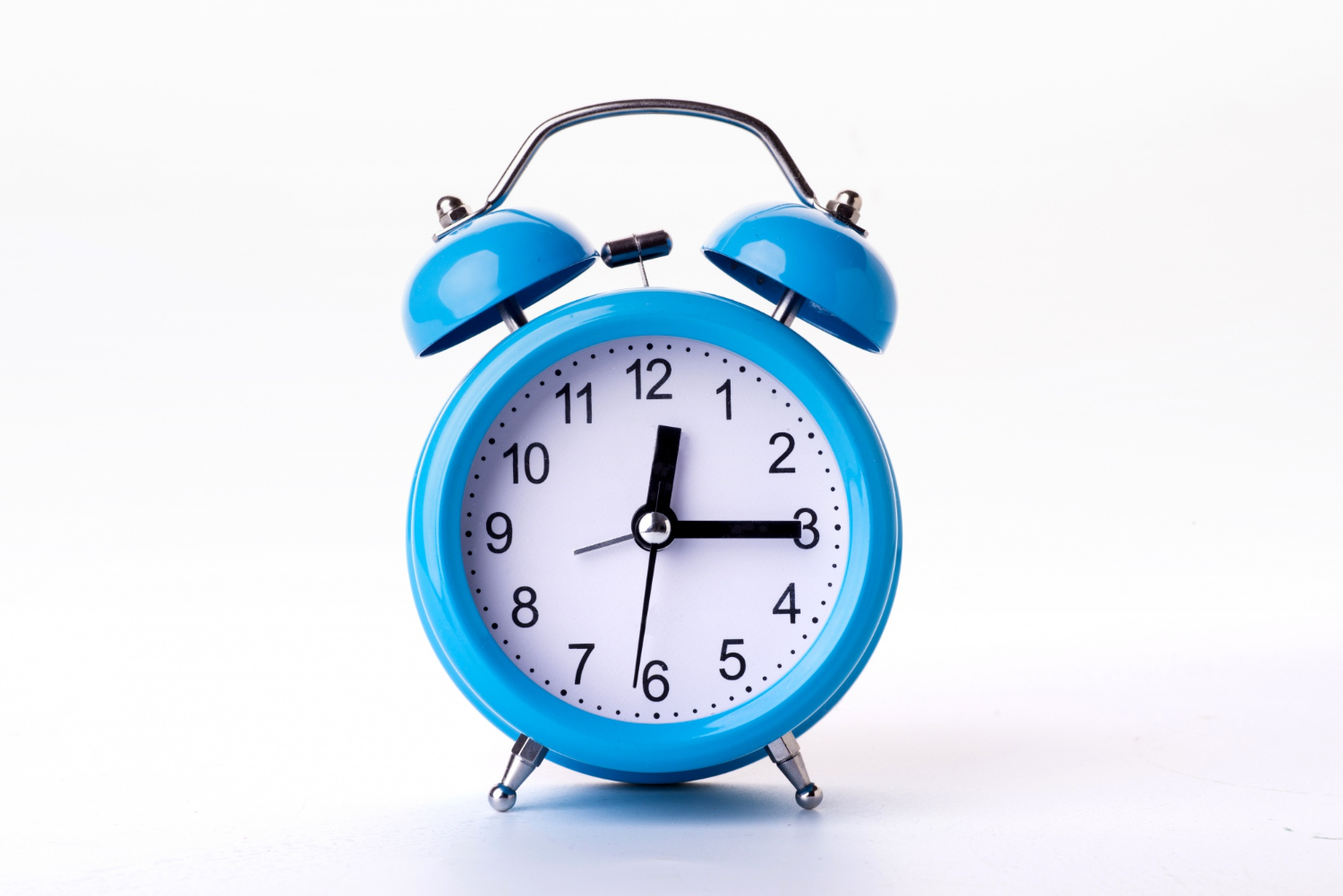Every single day a toddler wakes up to the world, they are presented with new opportunities and possibilities for growth. As exciting as that might be, both to the little one and their parents, it can be a most scary time as well.
There is, of course, no guarantee things are going to go exactly as you have planned for your child, but creating a routine will certainly go a long way in helping secure a safe environment for them. One where their emotions are kept well in check.
Why Routines for 2 Year Olds are important
You might be thinking, ‘When they grow up, our children will have to face the monotony of a routine life in any case. Why, then, must we expose them to that very sense of routine now? The fact of the matter remains, there’s good reason children seemingly ‘thrive’ on a sense of routine. Here’s the top reasons why.
#1. Helping them get on a schedule
Schedules for 2 year olds help them adjust their body clocks with several important activities that the day brings. These include regular bowel movements, the ability to sleep well at night and even the ability to eat wholesome meals.
#2. Establishing expectations
Routines for 2 year olds are important where it comes to setting well-defined expectations for them. In time, they come to know that they have to pick up their toys at the end of their play session, or when it’s time to get ready for a bath.
#3. A sense of confidence and independence
Daily routines for 2 year olds instill in children a sense of confidence and independence when they do things that they would earlier need assistance with, like brushing their teeth or putting on their pajamas.
#4. Helping form healthy habits
Setting schedules for 2 year olds helps them form healthy habits, like completing their homework at a particular time of day. Children who inculcate good habits like these, are able to better manage their time.
#5. It helps them get excited about things to come
When daily routines for 2 year olds are well in place, children get excited at the mere prospect of things to come. For instance, they might await in eager anticipation on a Saturday night, that time they spend with their fathers on Sunday mornings.
How to Build a Daily Routine for 2 Year Olds that Promotes Learning
When you’re setting a routine for your 2 year old, you have to bear in mind that you need to keep it as realistic as possible. After all, your child is only two years old, not a college kid who has just graduated.
Here’s an example of a realistic plan that will help your toddler know exactly what to expect each day, and prevent those meltdowns that are especially common in children of this age.
- 3 a.m.
Wake up
You might be a really early riser, but there’s no need for your toddler to wake up at the same time as you do. That baby sleep schedule needs to be flexible enough to accommodate for them rising up later than you might have expected.
- 3 a.m. – 9 a.m.
Eat Breakfast
Food is one of the few things children of this age get really excited about. Make that ‘brekkie time’ even more exciting by allowing them to help pour cereal in their bowl, or perhaps even clean the table after they are done.
- 9 a.m. – 11 a.m.
Playtime
Let them play freely with their toys or simply explore the things around them at home. Keep a watch on them while they do, of course.
- 11 a.m. – 12 am.
The Outdoors
You don’t have to go to the park for this one. Let them play in your garden. Simply ‘being in nature’ and getting that whiff of fresh air, can help boost their immune systems.
- 12 a.m.
Lunch
It’s lunchtime! After they have eaten their heart’s fill, make sure they wind down before you put them to bed again. You can do this by closing the curtains or playing some soft, relaxing music.
- 1 p.m. – 3 p.m.
Naptime
That siesta you take every now and then? Your little one needs it every day, and for longer than you do. If they can’t seem to sleep for some reason or the other, give them something to play with. Once again, ensure they are supervised!
- 3 p.m – 3.30 p.m.
Snack Time
You probably snack more than your little one, so you know how important this one is. Especially more so, because it will prevent them from overeating at dinner time. Provide them with a healthy snack, like fruit with yogurt, or hummus.
- 3 p.m. – 6 p.m.
Free Play
Yes, they get to play again! After all, they learn more than you can imagine, through free play. When you watch them play, you will begin to garner an awareness of the things they are interested in. Things that separate them from other children their age.
- 6 p.m. – 7 p.m.
Dinner
Dinner is served! But before that, you might wish to get your little one involved in some dinner prep, like helping set the table or chopping soft veggies with nylon knives.
- 6 p.m. – 7.30 p.m.
Family Time
This is one of the most important parts of your toddler’s schedule, where they learn the importance of bonding together as a family.
Note: If you’re doing any activities here, you might wish to keep them relatively calm, as bedtime is just around the corner.
- 3 p.m.
Bedtime
This is when you tuck your little one into bed. You might think nothing of significance has happened over the course of the day, but for your little one, it has been a day well spent. Needless to say, with a great routine to boot!
At EuroKids, following a routine is the norm. That being said, we ensure the routine we implement is not too harsh. The idea is to allow children to seamlessly transition from one activity to the next, with ease.

















